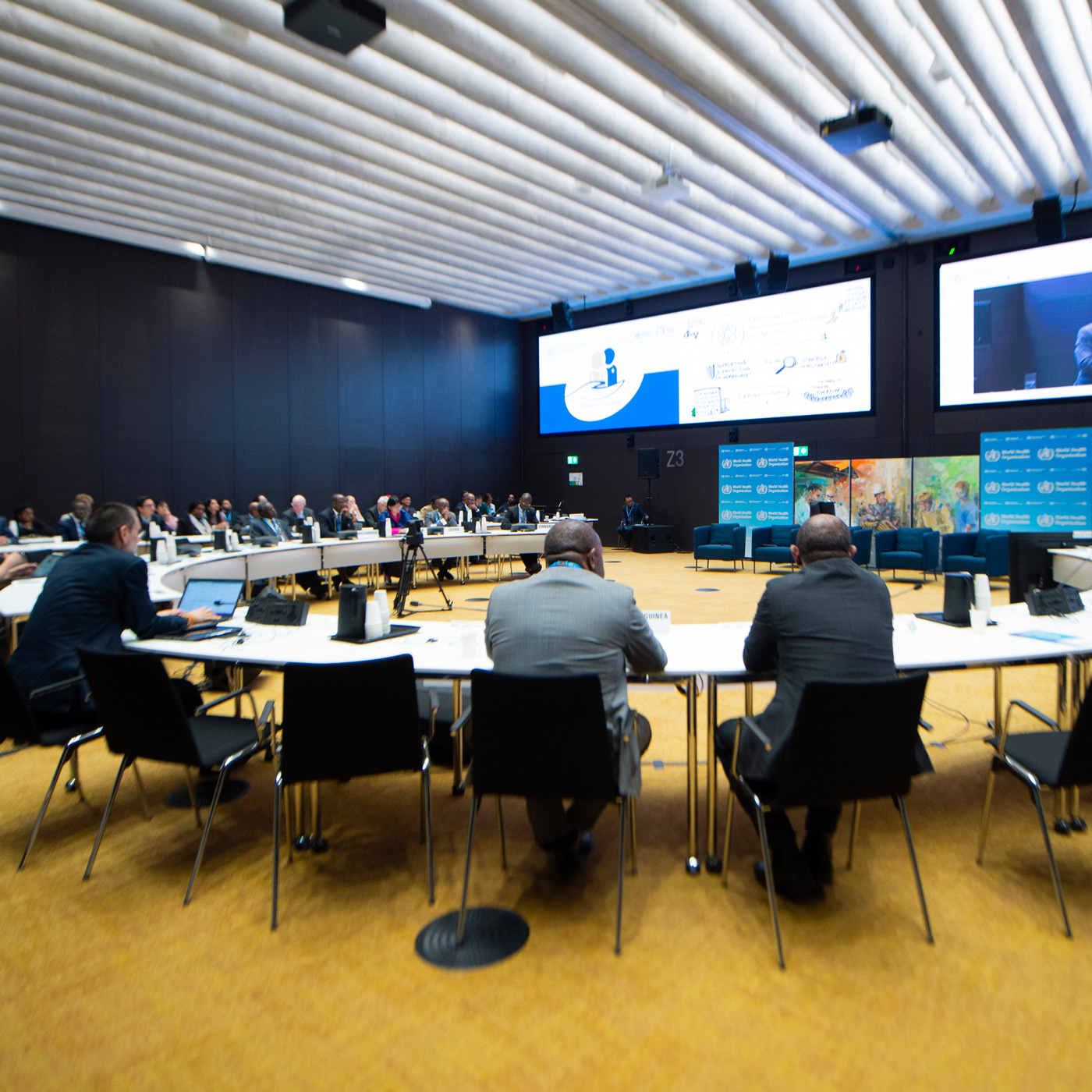How the Alliance works with diverse members
By collaborating on anaemia reduction, a multifaceted approach is offered that can improve lives, promote gender equality, foster inclusive economic growth, enhance maternal outcomes, and secure better educational achievements for children, ultimately preventing intergenerational cycles of poverty.

The structure of the Alliance reflects varying modes and levels of engagement, from participation in the Stakeholders’ Forum to active membership in the Core group and Working groups.
Core group
- Each Core group member of the Alliance must:
- Adhere to the Terms of Reference of the Alliance;
- Actively participate in and support the Alliance, its purpose, goals, objectives, guiding principles, work and activities;
- Attend and actively participate at the Alliance’s various annual and ad hoc meetings;
- Take responsibility according to the division of labour, and make meaningful contributions, in connection with the work and activities of the various Alliance working groups;
- Share knowledge and information with other Core group members (such as resources, data, case studies, experience etc.);
- Act in the best interest of public health in alignment with WHO and UNICEF policies; and
- Ensure effective communication with the Secretariat and Steering Committee related to activities relevant to the Alliance’s mission and vision.
Stakeholders’ Forum
Guidelines for participation in the Forum
Who can participate
Participants of the Forum may consist of different entities and stakeholders, including private sector entities and business associations through their constituencies, that do not meet the criteria or those that are not members of the Core group. Representatives of these entities may participate in the Alliance through the Forum mechanism if they have specific expertise and bring added value in the development and/or production of interventions and devices related to anaemia prevention or management. Participation will be subject to relevant WHO policies, including due diligence and risk assessment for non-State actors in accordance with FENSA.
Grounds for termination of participation
Each participant has the right to withdraw from participation in the Alliance at any time and should inform the Secretariat promptly.
The Secretariat also has the right to terminate participation at any time, upon providing written notice thereof to such participant. Without limiting the foregoing, the participation of any entity in the Alliance shall terminate if and when such participant: (a) no longer subscribes or adheres to the goals, objectives and/or guiding principles of the Alliance, as described in these Terms of Reference; (b) engages in activities that are not compatible with WHO and UNICEF Policies, and/or (c) ceases to meet the criteria for participation in the Forum, as set forth in these Terms of Reference.
TWHO, in consultation with UNICEF, shall also have the right, to close the Alliance, to terminate any participation to its Forum, in each case, at any time upon providing written notice thereof to the participant concerned.
Participants' rights and responsibilities
Forum meetings will be held annually or biannually to provide regular updates on the work of the Alliance. Participants of the Forum may also be invited to contribute to consultations on specific topics by the Working groups. However, they will not be members of the Core group and cannot participate in decisions regarding the agenda, priorities, and workplan of the Alliance and its Working groups.
Principles of engagement
All Core Group members and participants in the Alliance's Forum will adhere to the following Principles of engagement:
- Demonstrate a public health benefit to the goals and objectives of the Alliance;
- Conform with the constitutions and mandates of WHO and UNICEF, the WHO Comprehensive framework for action to accelerate anaemia reduction, and the Alliance’s workplan;
- Respect the intergovernmental and multisectoral nature of the Alliance and importance of country impact;
- Support and enhance, without compromising, the scientific and evidence-based approach that underpins the work of WHO, UNICEF and the Alliance;
- Protect the Alliance, WHO and UNICEF from any undue influence, in particular on the processes in setting and applying policies, norms and standards;
- Not compromise the integrity, independence, credibility and reputation of the Alliance or WHO and UNICEF;
- Be effectively managed, including by, disclosure of conflict of interest upon initial engagement and at any point when new conflict of interest arise, and where possible avoiding conflict of interest and other forms of risk to the Alliance, WHO and UNICEF;
- Support gender equity and equality, including through the empowerment of women and social norm change;
- Promote a multi-sectoral approach to addressing anaemia; and
- Be conducted on the basis of transparency, openness, inclusiveness, accountability, integrity and mutual respect.

To effectively reduce anaemia, we need a multidisciplinary approach, and your organization can play a crucial role in this endeavour.
